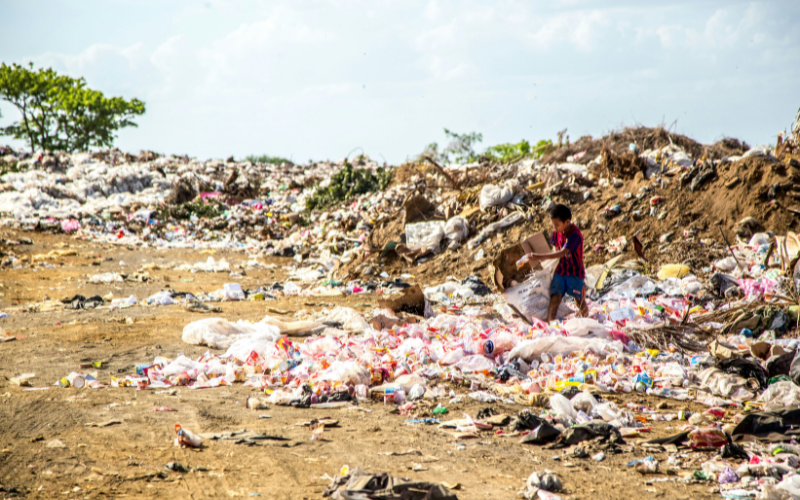
3rd Meeting of the Ad Hoc Open-Ended Working Group on a Science-Policy Panel

3rd Meeting of the Ad Hoc Open-Ended Working Group on a Science-Policy Panel
News
Jun 19, 2024
The 3rd Meeting of the Ad Hoc Open-Ended Working Group on a Science-Policy Panel is currently underway. Uniting experts and stakeholders globally, this event aims to develop strategies to manage chemicals and waste better and prevent pollution. This crucial gathering seeks to establish a new panel with influence and visibility comparable to the Intergovernmental Panel on Climate Change (IPCC) and the Intergovernmental Science-Policy Platform on Biodiversity and Ecosystem Services (IPBES).
In their opening speeches, key figures from the UNEP, the WHO, and the Swiss Federal Office for the Environment underscored the importance of a science-policy panel to tackle environmental health challenges. They highlighted the need for a strategic, multidisciplinary approach that leverages science and innovation to combat the global impacts of chemicals, waste, and pollution, particularly in low- and middle-income countries.
Prof. Andrea Rother, co-chair of the WFPHA Environmental Health Working Group, represents the World Federation of Public Health Associations (WFPHA) at this significant event. Prof. Rother brings extensive knowledge and dedication to environmental health, ensuring public health perspectives are integral to the science-policy discussions.
This meeting marks a pivotal step toward creating a robust science-policy interface that will guide effective policies and actions in chemicals and waste management on a global scale. The outcomes of this session are expected to shape future initiatives, providing a comprehensive framework for countries and organizations committed to environmental health and sustainability.

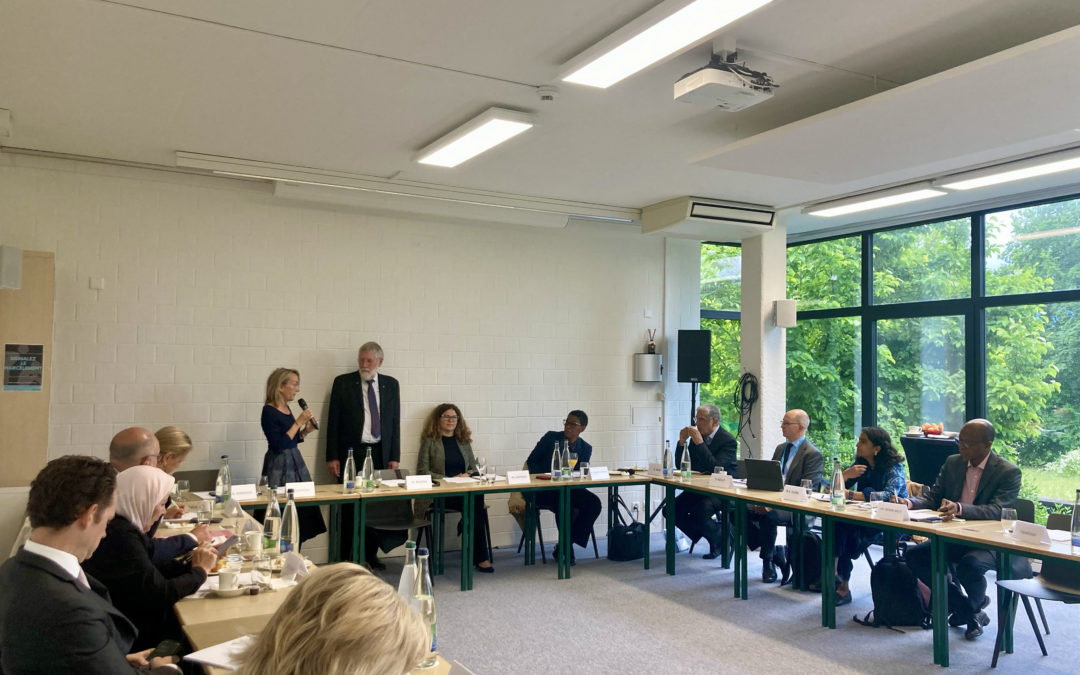
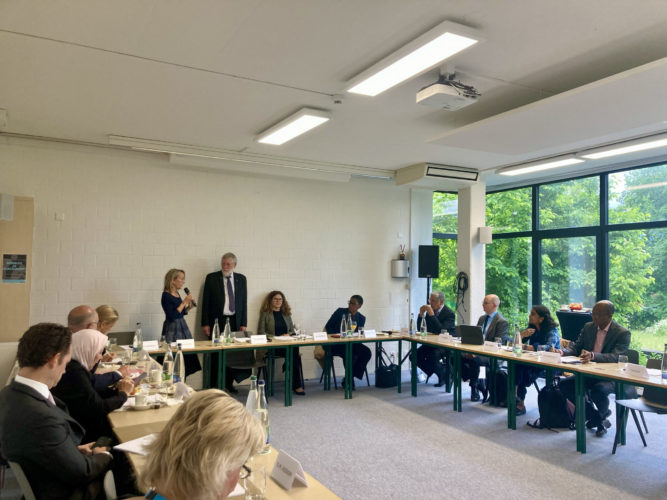
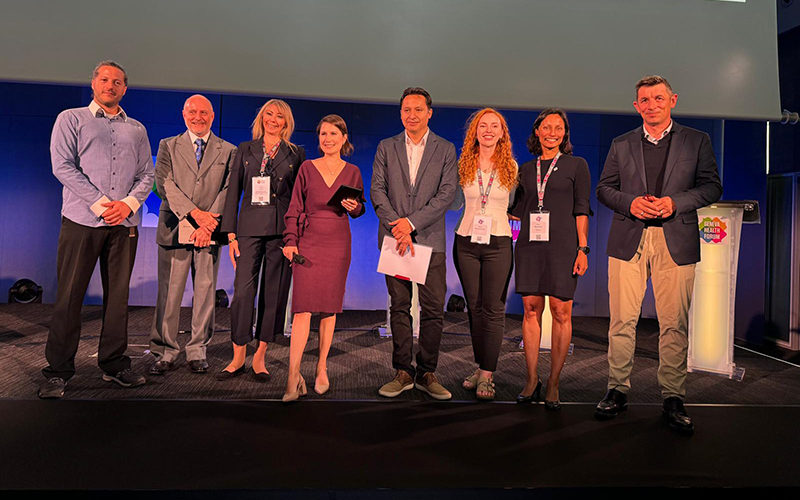




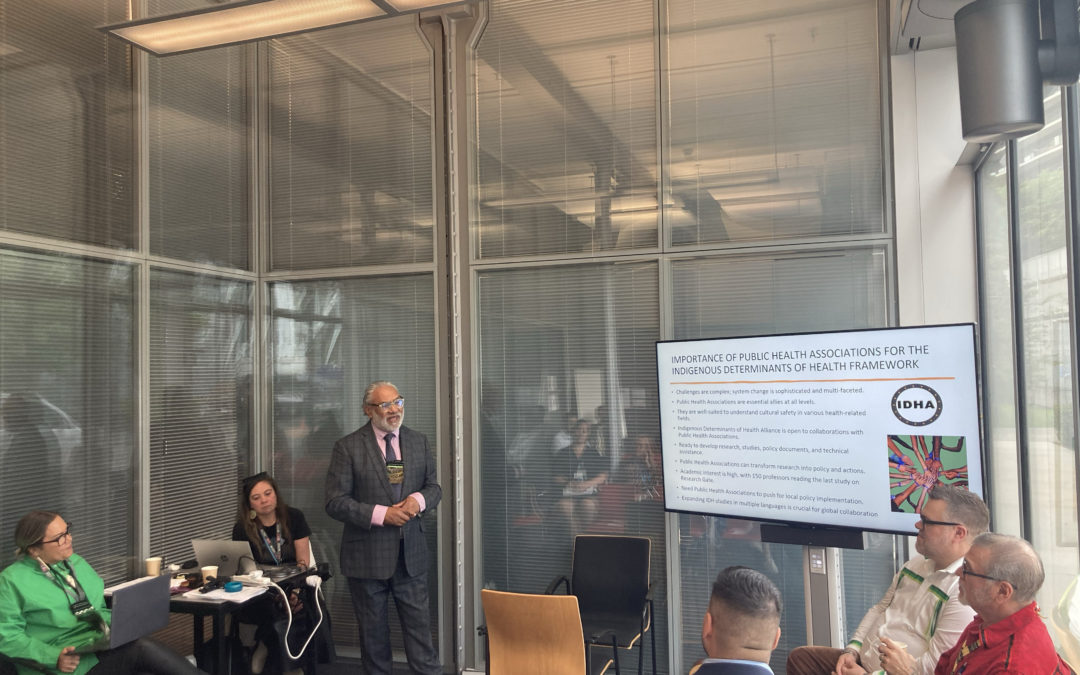
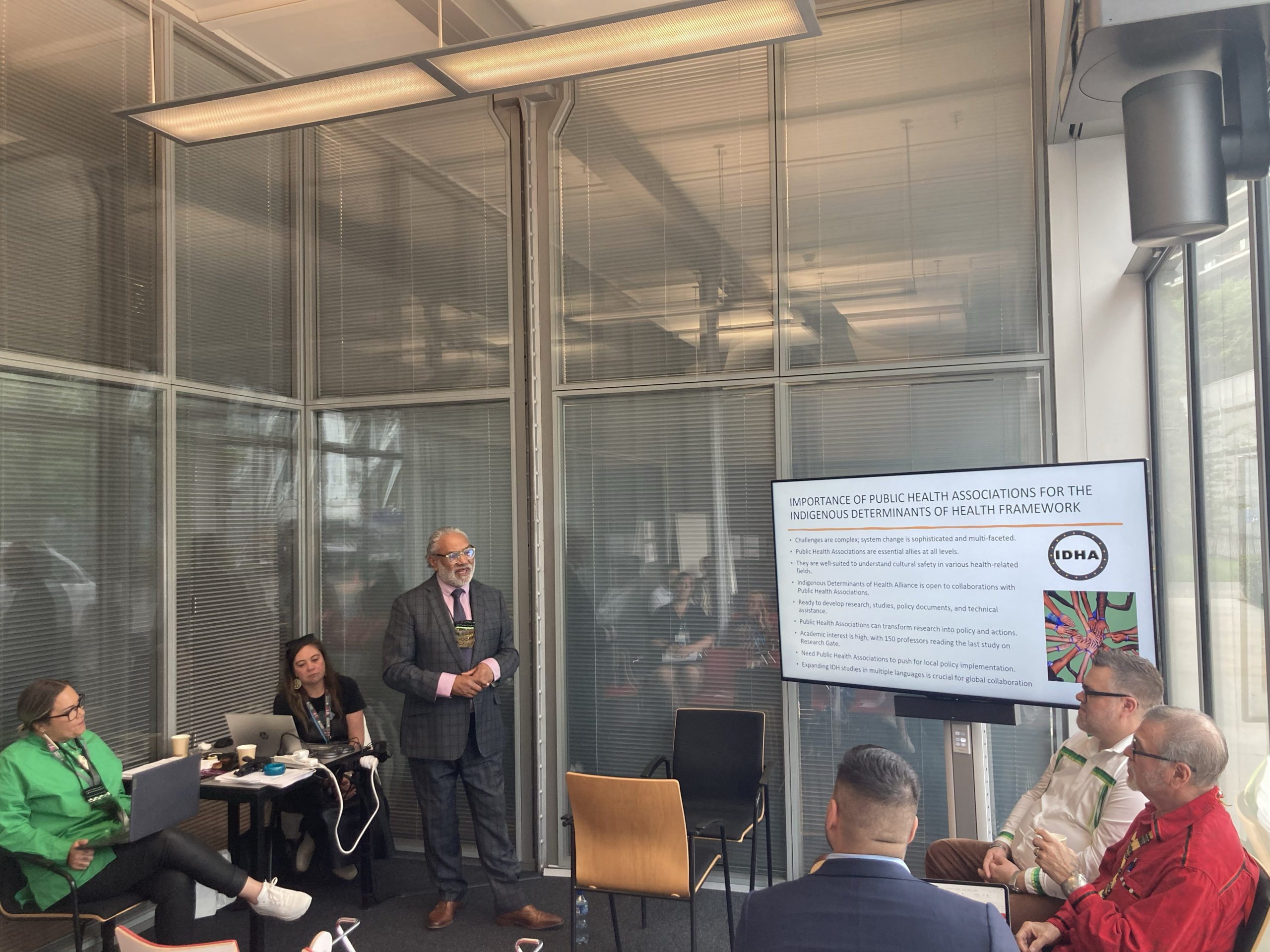
Recent Comments